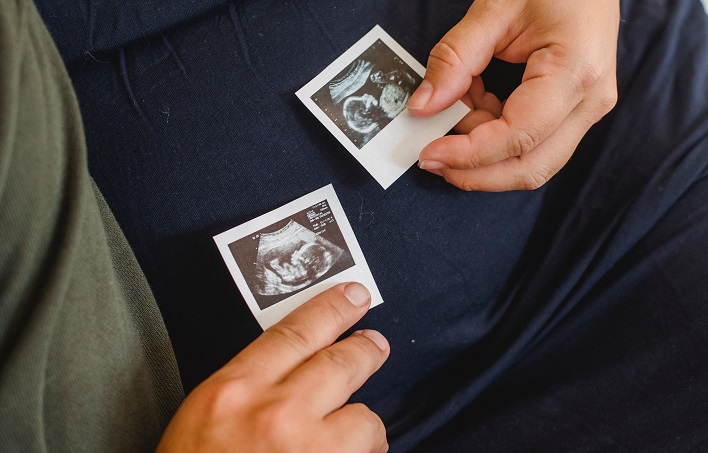Game On: First Babies Conceived By PS5 Robots Are Born Signaling A New Era In IVF

Currently, a patient attempting to get pregnant utilizing IVF pays approximately $20,000 each time in the US, according to a report by MIT Technology Review. Trained embryologists earn around $125,000 a year to carry out the extremely delicate process. About 500,000 babies are born through IVF each year worldwide. However, the exorbitant cost keeps many from being able to use the technology. With that in mind, a few startups are looking at ways to automate the entire process and bring down the costs for patients looking to get pregnant.
"How do we go from half a million babies a year to 30 million?" pondered David Sable, a former fertility doctor now overseeing an investment fund. "You can't if you run each lab like a bespoke, artisanal kitchen, and that is the challenge facing IVF. It's been 40 years of outstanding science and really mediocre systems engineering."

"I was calm. In that exact moment, I thought 'It's just one more experiment," remarked Eduard Alba, the student engineer who carried out the process.
The "experiment" resulted in healthy embryos, who are now the first babies born after fertilization by a "robot."
Not all are excited about the possibility of robots carrying out the IVF process. Zev Williams, Director of Columbia University's fertility clinic, stated, "You pick up a sperm, put it in an egg with minimal trauma, as delicately as possible. He added that "humans are far better than a machine."
The technology is still in its infancy and has a ways to go before it replaces humans. But it is nice to know that there are people out there working on ways to lower the costs of IVF, which can be for some the only option to having a child.

